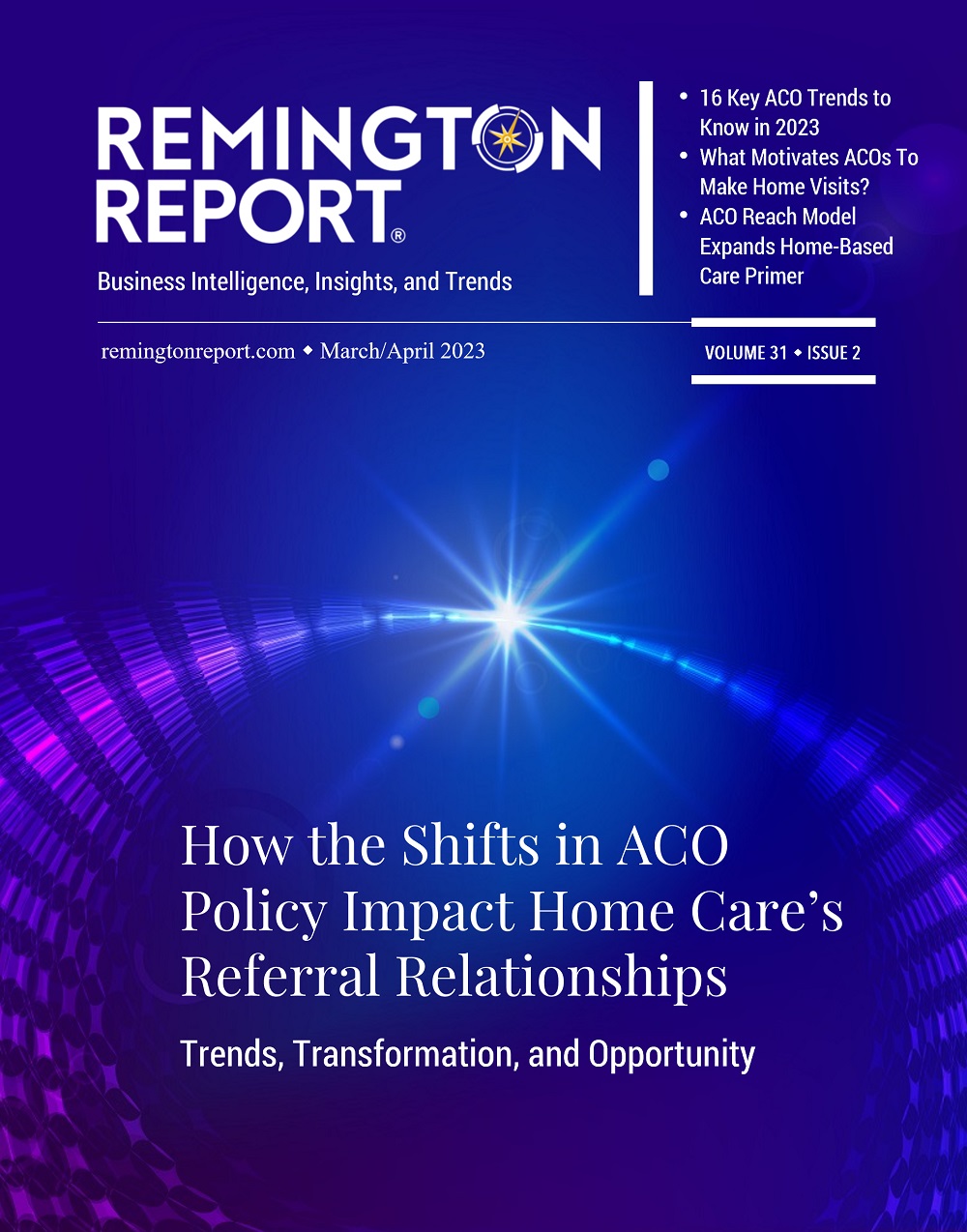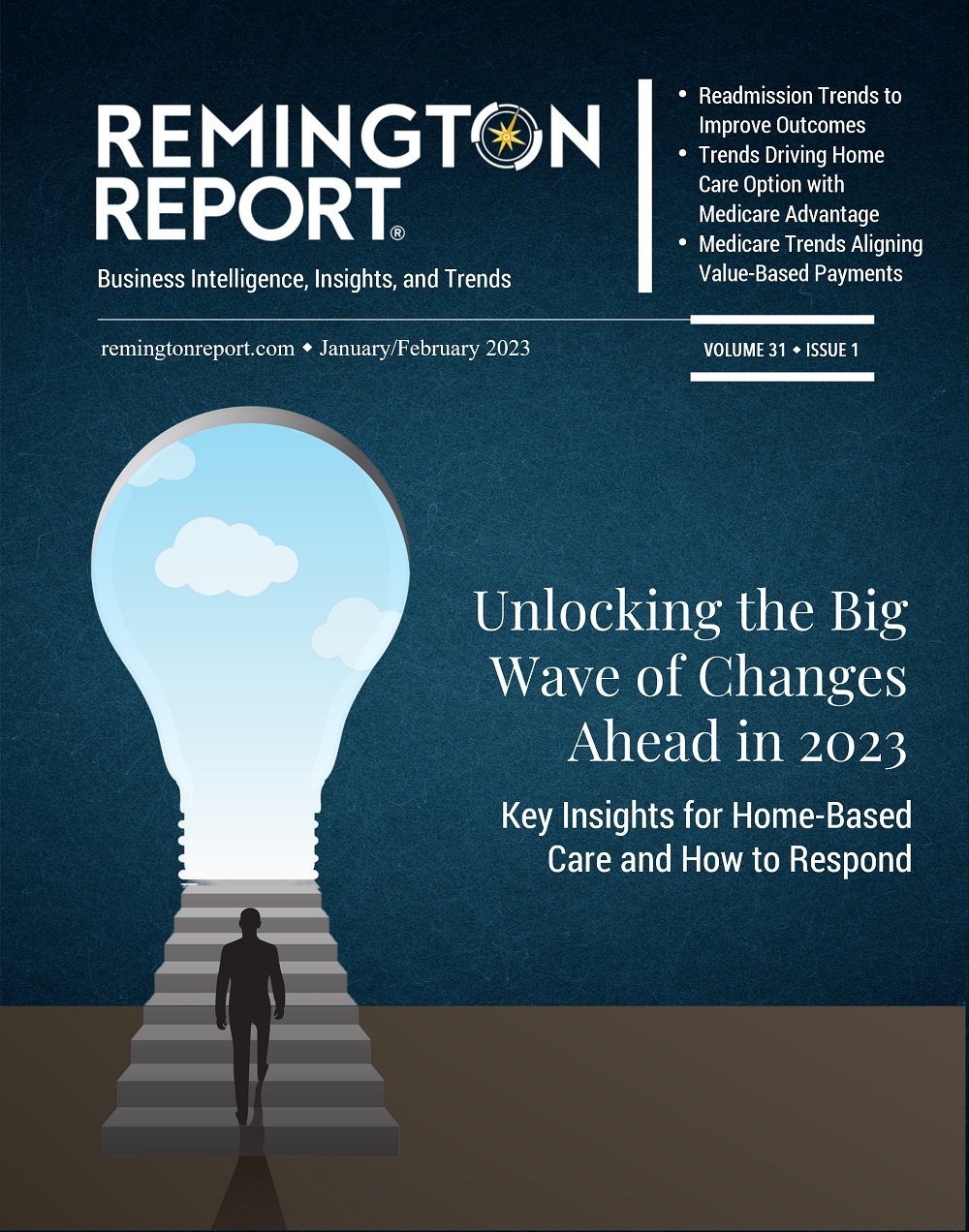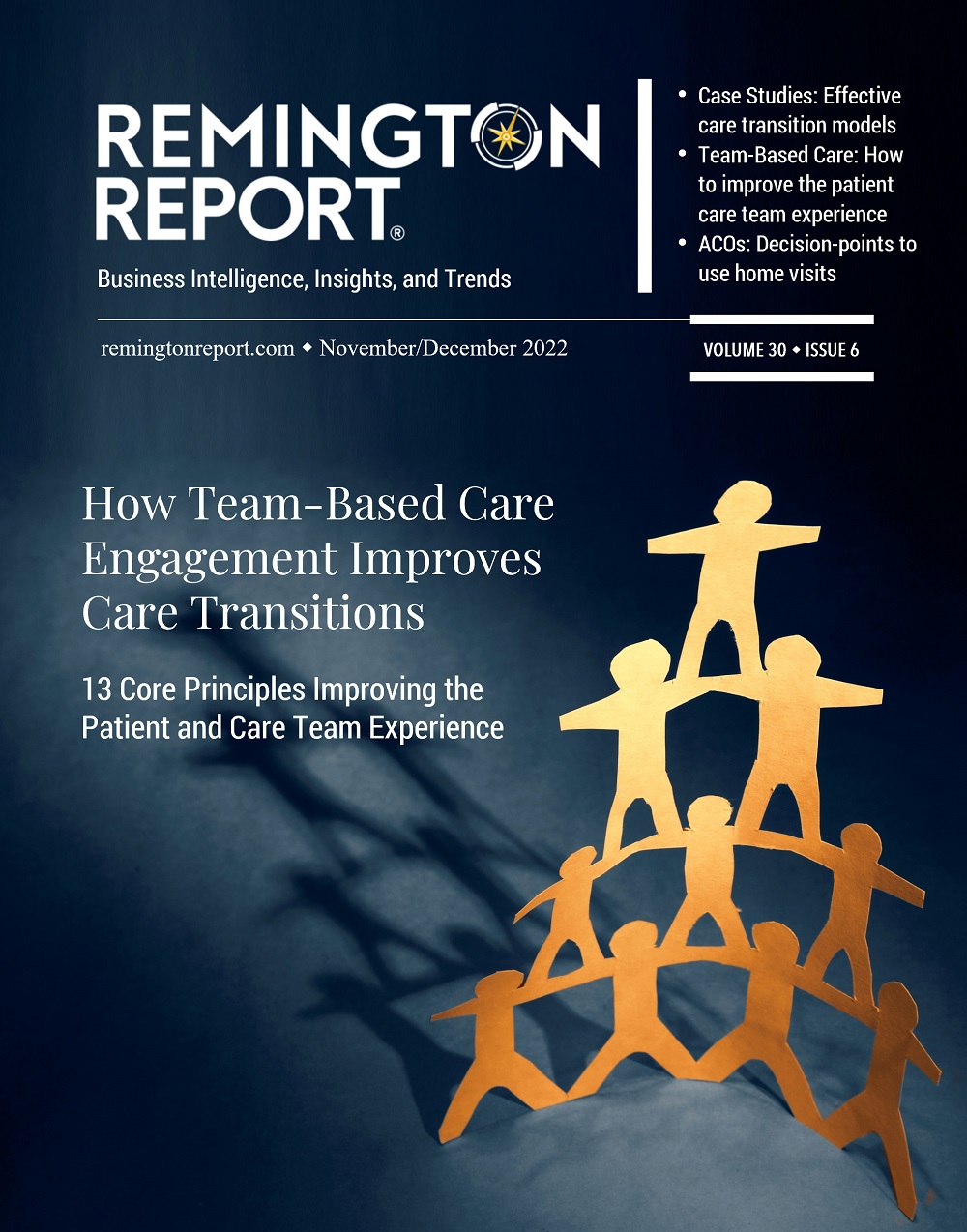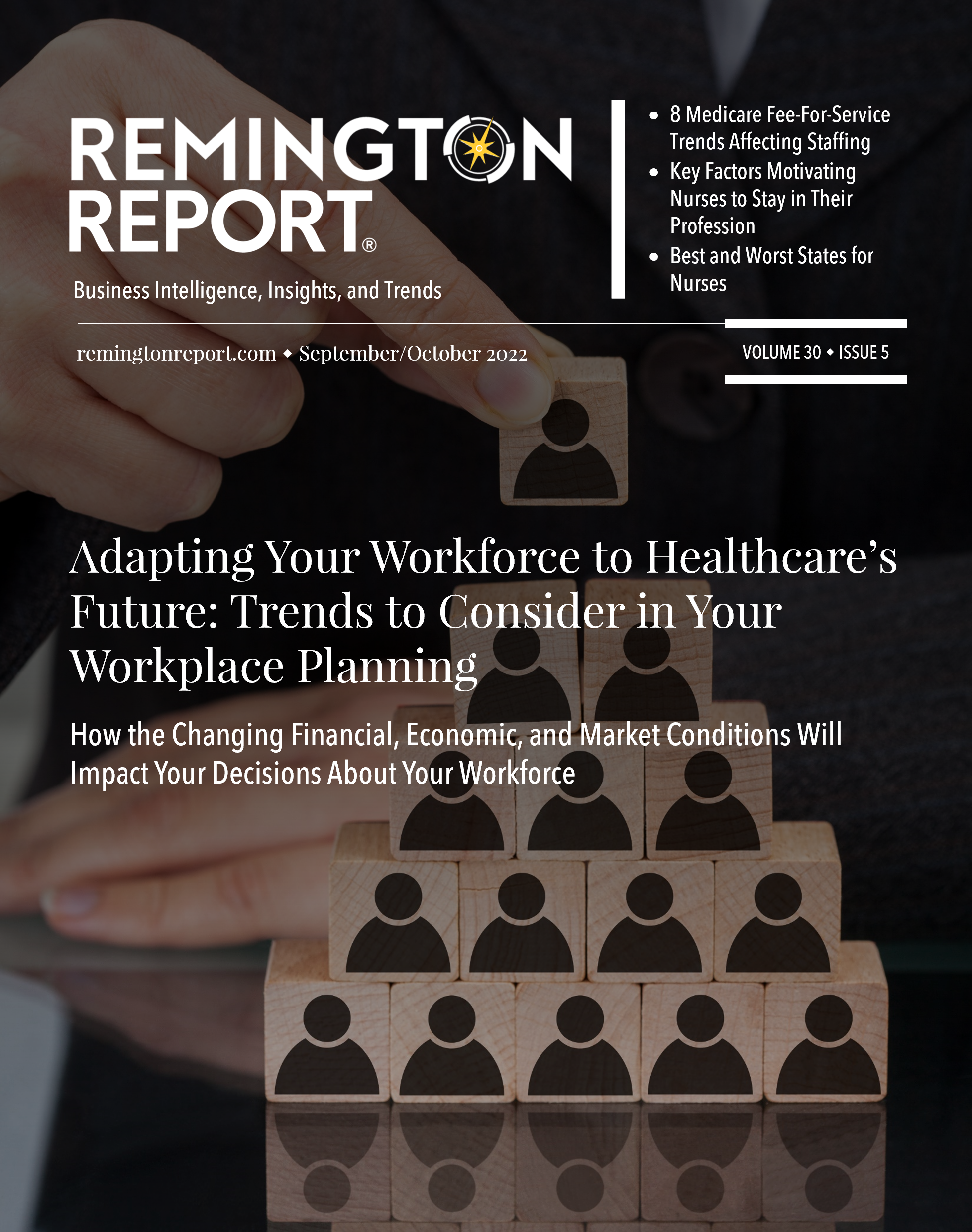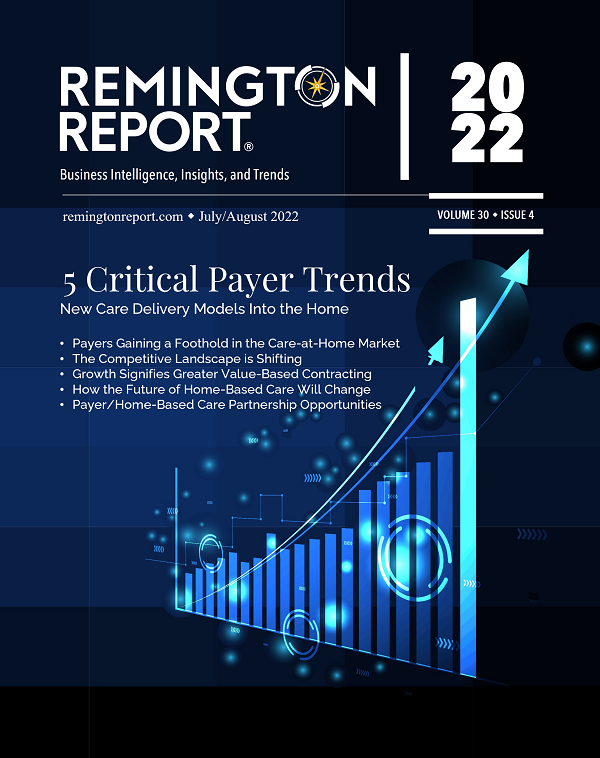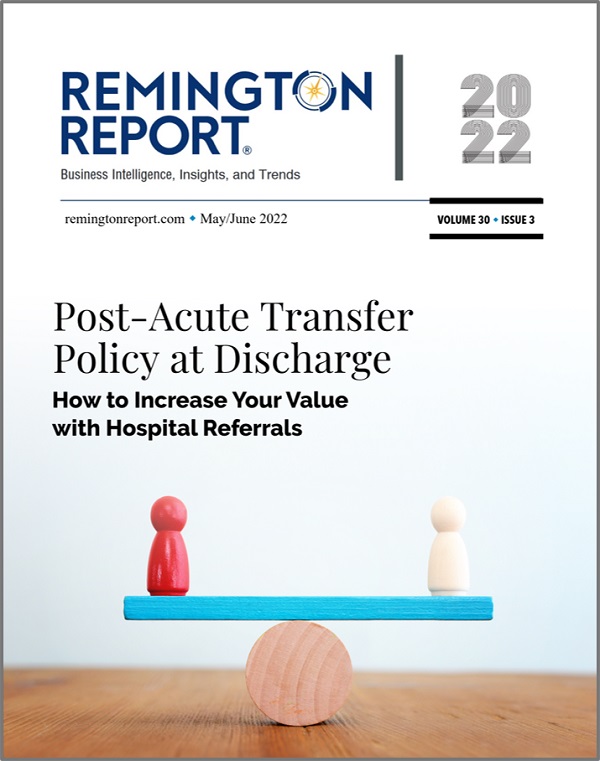A 1995 court decision involving Caremark established that members of boards of directors likely have liability for non-compliance with fraud and abuse prohibitions. A recent Court decision, In re McDonald’s Corporation Stockholder Derivative Litigation, [C.A. No. 2021-0324-JTL (Del. Ch. Jan. 23, 2023)], likely extends liability to individual corporate officers.
In 1995, a shareholder sued the Caremark Board of Directors for breach of fiduciary duty. This lawsuit followed a multi-million dollar civil fraud settlement and criminal plea by Caremark related to the payment of kickbacks to physicians and improper billing practices. In In Re Caremark International Inc. Derivative Litigation [698 A. 2d 959 (Del. Ch. 1996)], the Court stated:
“(A) director’s obligation includes a duty to attempt in good faith to assure that a corporate information and reporting system, which the board concludes is adequate, exists and that failure to do so under some circumstances, may, in theory at least, render a director liable for losses caused by non-compliance with applicable legal standards.”
The Court’s Decision
This court decision, along with guidelines published by the Office of Inspector General of the U.S. Department of Health and Human Services for various segments of the health care industry, established a clear requirement that boards of directors must be involved in and are responsible for fraud and abuse compliance. It was unclear, however, what board activities would satisfy this general requirement.
In the recent McDonald’s case, a shareholder derivative lawsuit claimed that the Chief People Officer of a major food services company breached his fiduciary duty as a corporate officer because he consciously ignored “massive red flags” of misconduct. He allegedly allowed a corporate culture “that condoned sexual harassment and misconduct.”
According to the lawsuit, the Officer knew about multiple Equal Employment Opportunity Commission complaints filed by corporate employees that alleged harassment and a strike in protest of such conduct in ten cities. The Officer also had indications that the human resources department ignored complaints about misconduct and that employees feared retaliation for reporting complaints of harassment.
The Court concluded that the Officer “had an obligation to make a good faith effort to put in place reasonable information systems so that he obtained the information necessary to do his job and report to the CEO and the board, and he could not consciously ignore red flags indicating that the corporation was going to suffer harm.”
The Court went on to say that particularly egregious “red flags” might require corporate officers to say something “even if it fell outside the officer’s domain.” This obligation is consistent with a principle of corporate governance that requires directors to inform their colleagues of information that comes to their attention that is relevant to colleagues’ fiduciary responsibilities.
The “bottom line” of this decision is that officers owe a broad duty of oversight to corporations. Officers are also agents of the corporation and have an “obligation to provide information to the principal.” Fraud and abuse enforcers continue to “tighten the screws” on both corporations and individuals for liability for non-compliance with fraud and abuse prohibitions.
Copyright © 2023 Elizabeth E. Hogue, Esq. All rights reserved. No portion of this material may be reproduced in any form without the advance written permission of the author.
Elizabeth Hogue is an attorney in private practice with extensive experience in health care. She represents clients across the U.S., including professional associations, managed care providers, hospitals, long-term care facilities, home health agencies, durable medical equipment companies, and hospices.
Other Articles You Might Enjoy
Best Practices for Effective Strategy Execution
Effective strategy execution is crucial for success, as even the most well-crafted strategies can fail if not properly implemented.
5 Reasons Why a 5-Year Strategic Plan May Pose Challenges
Five-year strategic plans in home care often encounter several challenges due to the dynamic nature of the industry.
Understanding Adaptive Leadership in Home Care’s Complex World
Adaptive leadership is not a fixed set of rules or practices; rather, it's a mindset and a skill set that empowers leaders to thrive in turbulent times.





